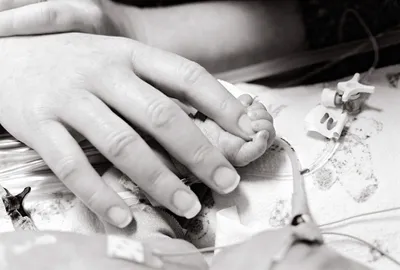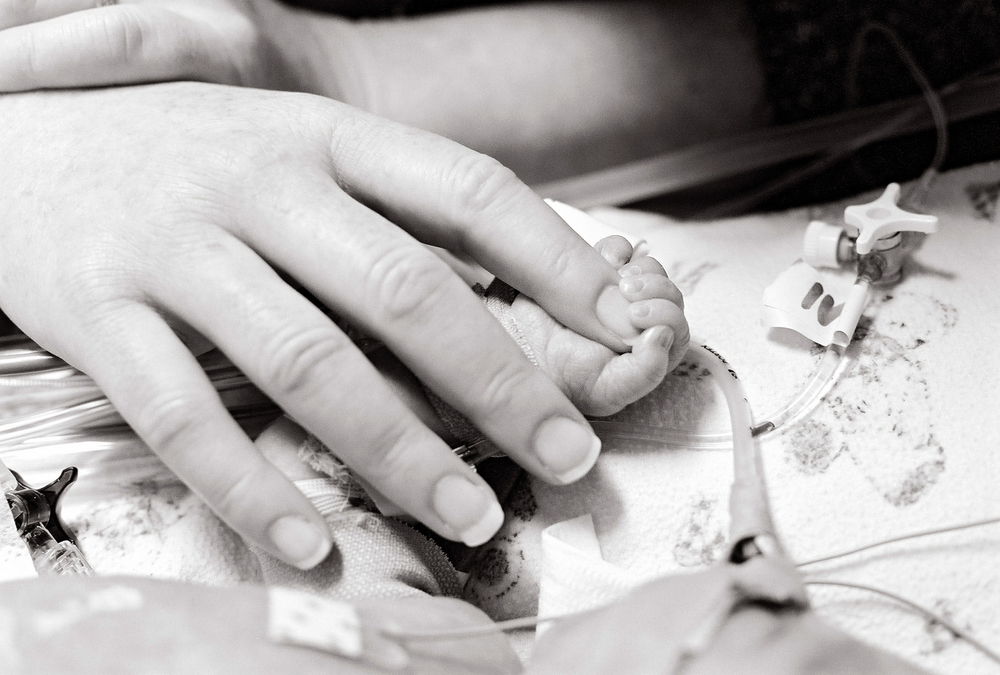
The most concerning substance is called phthalate, or DEHP, which is used in medical equipment. DEHP helps make plastics softer and more flexible, making it an ideal component in crafting breathing tubes, intraveneous lines, and blood bags.
DEHP remains highly controversial. Although it helps in the production of more effective medical equipment, tests have shown that it can leak out of plastics into the human body. Researchers have found that this can cause reproductive birth defects and infertility.
Now, researchers at John Hopkins Bloomberg School of Public Health have found that many hospitals use DEHP-laced equipment when treating premature babies. Specifically, babies on a ventilator were exposed to roughly 16 mg/kg per day — which is many thousand times higher than experts consider safe.
Although many healthcare facilities have banned the use of DEHP, it can still be found in hospitals and treatment centers across the United States and Britain. France is working towards a total ban on DEHP, making it the first country in the world to implement such measures.
This new report has led many health experts to insist medical professionals re-think the value of using DEHP-laced materials. “The role of these synthetic materials in the clinical course of our patients remains almost completely unexplored,” noted Dr. Eric Mallow, the study’s lead author. “You need to consider the materials you are using when you’re taking care of very tiny, very vulnerable patients.”



